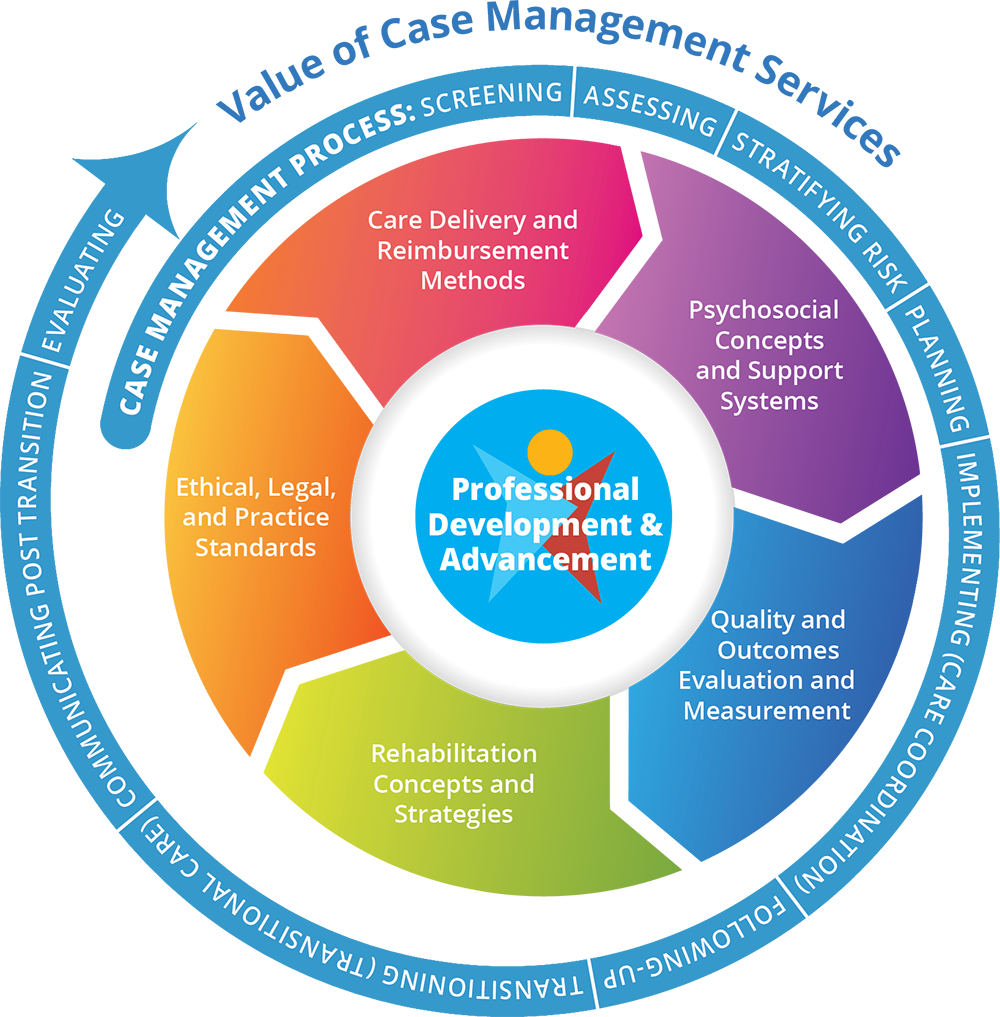The heart is the human body’s hardest-working organ. It can pump close to 2,000 gallons of blood a day just to do daily tasks like walking to the bus or in a store.
After a heart attack, you are more likely to have another one. But the symptoms may not be the same as in your first attack. So it might be hard to know that you are having another heart attack. Knowing the symptoms can save your life.
Are you having another heart attack?
The most common symptoms of another heart attack are:
- Chest pain or discomfort that lasts for more than a few minutes, or goes away and comes back. This is the most common heart attack symptom.
- Upper body discomfort in other parts of your upper body. This can be in 1 or both arms, the back, neck, jaw, or upper part of your stomach.
- Shortness of breath, often with chest pain, that seems out of proportion with your level of activity. This can happen even while resting. It can also happen while doing little, like walking a very short distance.
If you have already had a heart attack, pay attention to your body. The more of these signs and symptoms you notice, the more likely it is you are having another heart attack.
Heart attack signs in women
Many people think heart attacks only affect men. But heart disease is the number 1 killer of women in the United States. The signs of a heart attack in women can be different than in men. The classic symptoms of a heart attack may be accompanied by other symptoms that are specific to women.
These include:
- Shortness of breath with or without chest discomfort
- Dizziness
- Light-headedness
- Fainting
- Extreme fatigue
- Cold sweats
- Nausea
- Acid reflux
- Flu-like symptoms
Knowing your symptoms
Pay close attention to your symptoms and ask your doctor about what typical symptoms are and when to call for help.
When you call with symptoms, your doctor may ask:
- What caused the chest pain to start?
- Did the symptom occur while resting or with minimal activity?
- How long did the symptoms last?
- Were you able to relieve your chest pain with a medication?
Speak to your doctor to learn more about these symptoms and when to call 911.
The symptoms of a heart attack may not be what you would expect. Some patients have minor symptoms. They might be surprised to learn they’ve had a heart attack. Treatments for heart attacks work better when started early. But most people who have a heart attack wait 2 hours or more after symptoms start before they seek medical help. This delay can result in lasting heart damage or even death. Again, the best way to prevent more damage is knowing what to do. Get help right away if you think you are having a heart attack.

